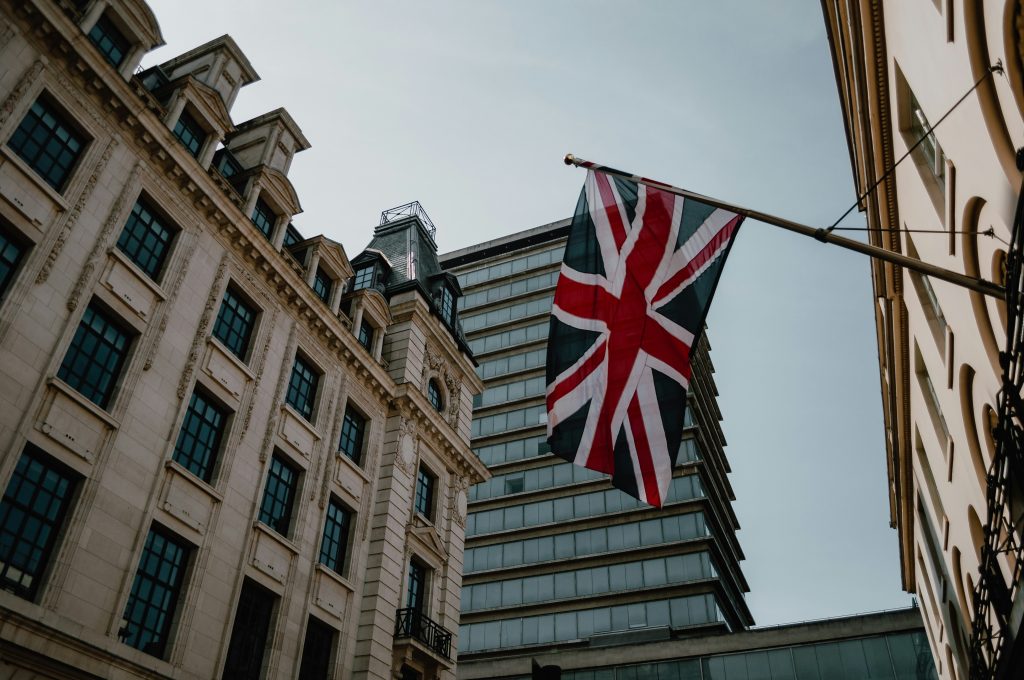Trade war: bad timing for Brexit take back control

The British domestic political crisis has overshadowed the quick transformation of the broad political economy of Brexit. Yet, ‘take back control’, the very purpose of the Brexit vote in June 2016, turns out to be more challenging today in a more chaotic international framework.
Obviously, withdrawing from the EU happens to be more difficult than expected. The Irish border issue was not anticipated at the time of the referendum and squaring the circle of the exit still continues to fuel intense debates after more than three years.
In addition, the exit does not provide a strategy for a post-Brexit economy. ‘Global Britain’, the motto set to keep up the momentum on the withdrawal process, remains a nostalgic aspiration to recover the British empire’s influence by “secur[ing] ambitious new trade deals with all partners across the world”, rather than a concrete plan to be more attractive once out of the EU.
But above all, the global economic framework is more adverse for an autonomous UK.
Brexit was voted in a time of “globalisation as usual”. Value chains had started shortening with the stop of the decrease of offshoring costs in the early 2000s, but opening markets worldwide remained the main trend.
Today, Brexit would materialise in a more fragmented world with a regionalisation of value chains suggesting a slowbalisation and a growing role for the geopolitical dimension of trade. While much of the growth in global trade will come from the service sector dependent on geographical proximity, the resurgence in demand in the US and the EU for an identity based approach of production and consumption and increasing public support to climate change mitigation should increase this trend of regionalisation. In addition, Trump’s aggressive “America first policy” and his push-back on Chinese economic power based of force rather than on rule-based regulation are producing unpredictability and much turbulences for business. Forced alignment on the American or Chinese interests is becoming the new rule to avoid sanctions and/or to secure foreign direct investment. In this troubled global framework, with technological leadership contest reshuffling economic dependencies, taking back control is a different challenge for the UK.
The mutual spill-over effect of Brexit and the 2020 global economic framework call thus for greater attention.
The disruption caused by a disorderly Brexit – which cannot be ruled out today-, or an important post-Brexit divergence from EU norms, could derail an already gloomy global economic forecast, creating a more adverse framework to ‘take back control’. For a country weighting on its own 2.2% of global GDP (PPP), decoupling from the EU norms might also not be enough to become an autonomous rule setter. It might well lead to a more constraining alternative alignment




